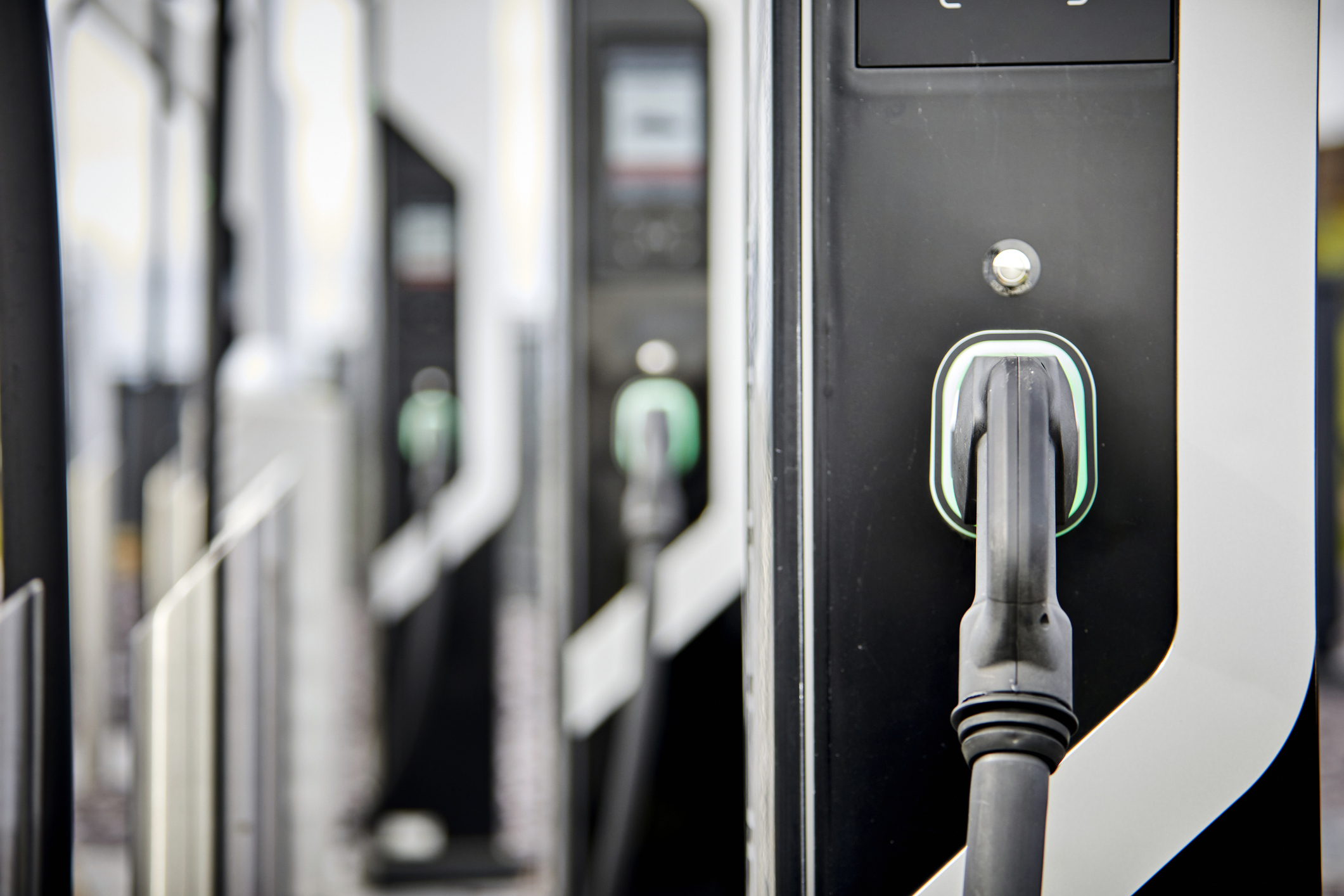EU approves ban on new fossil fuel car sales beginning in 2035


A free daily email with the biggest news stories of the day – and the best features from TheWeek.com
You are now subscribed
Your newsletter sign-up was successful
The EU has approved a law banning the sale of new gas and diesel cars in the EU starting in 2035. The deal, agreed upon back in October, received the official stamp of approval on Tuesday, marking climate action "without precedent," as described by chief executive of BMW Oliver Zipse.
The agreement will cut 100 percent of carbon emissions from automobiles starting in 2035 and would cut them by 55 percent by 2030 compared to 2021, reports Reuters. "We will no longer, or almost no longer, have petrol or diesel cars on our roads in 2050 ... it is a victory for our planet and our populations," remarked Karima Delli, president of the EU transport committee.
While some like Delli view the deal as a "historic vote for the ecological transition," others like Jens Gieseke, a member of the EU parliament and center-right European People's Party are worried about whether electric cars are actually cheaper than those with combustion engines. Gieseke also argued "to let the market decide what technology is best to reach our goals," citing that the transition could result in wide-scale job loss.
The Week
Escape your echo chamber. Get the facts behind the news, plus analysis from multiple perspectives.

Sign up for The Week's Free Newsletters
From our morning news briefing to a weekly Good News Newsletter, get the best of The Week delivered directly to your inbox.
From our morning news briefing to a weekly Good News Newsletter, get the best of The Week delivered directly to your inbox.
Another concern is that the EU will fall victim to the "Havana effect," meaning that the streets will be flooded with old fossil fuel cars after 2035 because new electric ones aren't affordable, reports The Washington Post. However, car manufacturers in Europe have agreed to invest in technology to make electric vehicles more accessible.
"Make no mistake, the European automobile industry is up to the challenge of providing these zero-emission cars and vans," remarked Zipse in October.
A free daily email with the biggest news stories of the day – and the best features from TheWeek.com
Devika Rao has worked as a staff writer at The Week since 2022, covering science, the environment, climate and business. She previously worked as a policy associate for a nonprofit organization advocating for environmental action from a business perspective.
